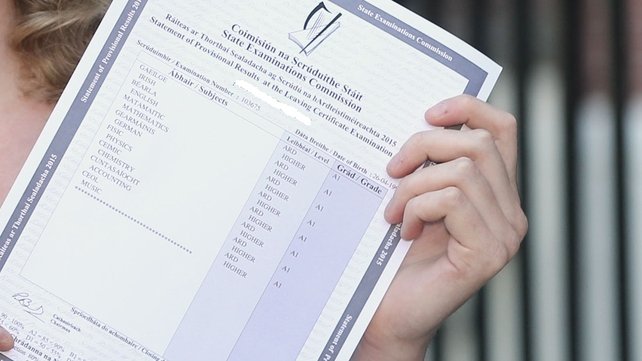On Monday, leaving certificate points skyrocketed to record heights, and – as predicted – points for courses in Trinity have followed suit.
Some 80 per cent of courses saw point increases compared to last year, and the total number of students coming through Trinity’s gate this freshers week will swell by 180, after Higher Education Minister Simon Harris announced over 2,000 new places in Ireland’s higher education sector over the past two weeks.
Points for more specialised subjects, as well as combinations including business, law, nursing, geography and computer science, increased significantly. The number of courses needing more than 600 points have increased to five.
Among the courses which have seen a jump in points include philosophy, political science, economics and sociology (PPES) which has risen to 589 points. Both law and business and law and political Science jumped to 602 and management science and information systems studies reached 613 – however, not all applicants with 613 points were offered a place. Similarly, dental science rose to 613, but not all applicants with these points were offered a place.
In a press statement, Vice-Provost Jürgen Barkhoff said that it had been an “unusual year for everybody”.
“In the last few days here in Trinity we have created 180 additional places across a range of high-demand courses, which is an increase of around 5% of our capacity.”
“We’ve never had to do something like this before”, he added, “but it is a necessary response to an unprecedented challenge”.
“We are now in the final stages of preparation and greatly look forward to welcoming our new and existing students to Trinity within the next few weeks.”
In May, the government announced that this year’s leaving certificate exams would not take place and that students would be given the option to receive calculated grades or sit their exams at a later date.
The calculated grades were awarded to students on the basis of a number of factors – such as class rankings, students’ performance in previous assessments and other indicators.
A National Standardisation Group combined the information provided by schools with other information in a process of national standardisation. According to the department, high value was placed on the estimates of performance coming from schools in this process, with adjustments made only where teachers and schools were believed to have over or under-estimated.







